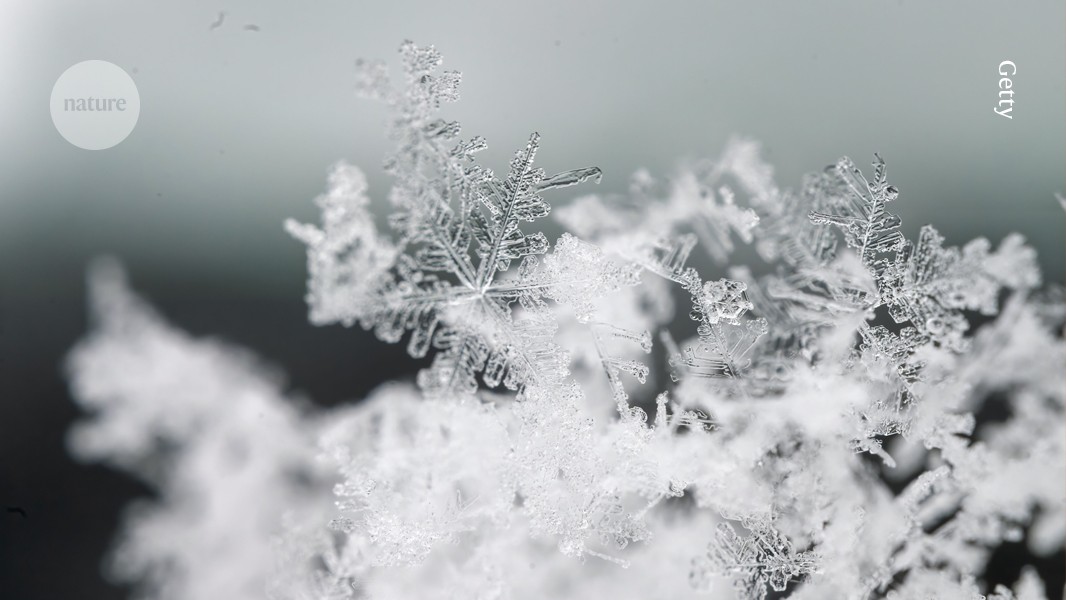
"As a child growing up in northern Sweden, environmental historian Sverker Sörlin fell in love with snow. "I see the light outside, before I even open the slatted blinds. Snow! The miracle of whiteness is shining through the slats," he recalls in his latest book, Snö. Now, he fights for snow's survival. And survive it must, Sörlin argues, if we're to avoid droughts, sinking tundra fields and an overheated planet. With amazing anecdotes, emotive memories and pleas for climate action, Snö aims to galvanize readers."
"And contrary to the myth, our voices are nowhere near loud enough to trigger an avalanche. With a pressure of 20 pascals, even the sound of a jet aeroplane taking off wouldn't trigger a snowslide, and a human shriek hits just one-tenth of that. By contrast, a sonic boom creates 200 pascals, which certainly could shift some snow. Despite this evidence, Sörlin still wonders, "If I stood there on the loose snow again ... would I really dare to scream?""
A northern Swedish childhood fostered a deep affection for snow and its luminous presence. Snow generates unique soundscapes, from cracking freezing puddles to crunches that suggest whispered words beneathfoot. Snow provides essential hydrological and climatic services; its decline risks droughts, thawing and sinking tundra, and broader planetary warming. Scientific research, from fieldwork in heavy-snow regions to modern investigations, reveals snow's physical, ecological and cultural importance. Common human noises are far too weak to trigger avalanches, while stronger pressures like sonic booms can shift snow. Immediate measures to protect snow and reduce warming are necessary to avoid cascading harms.
Read at Nature
Unable to calculate read time
Collection
[
|
...
]